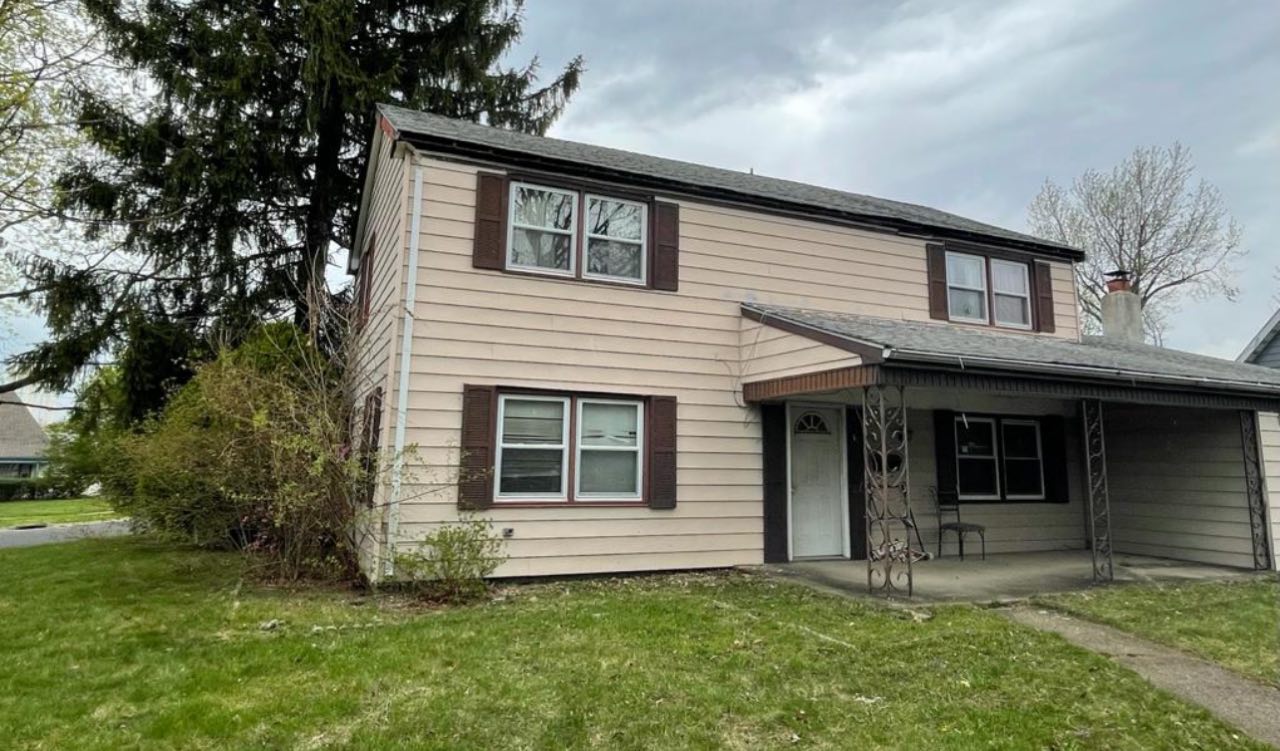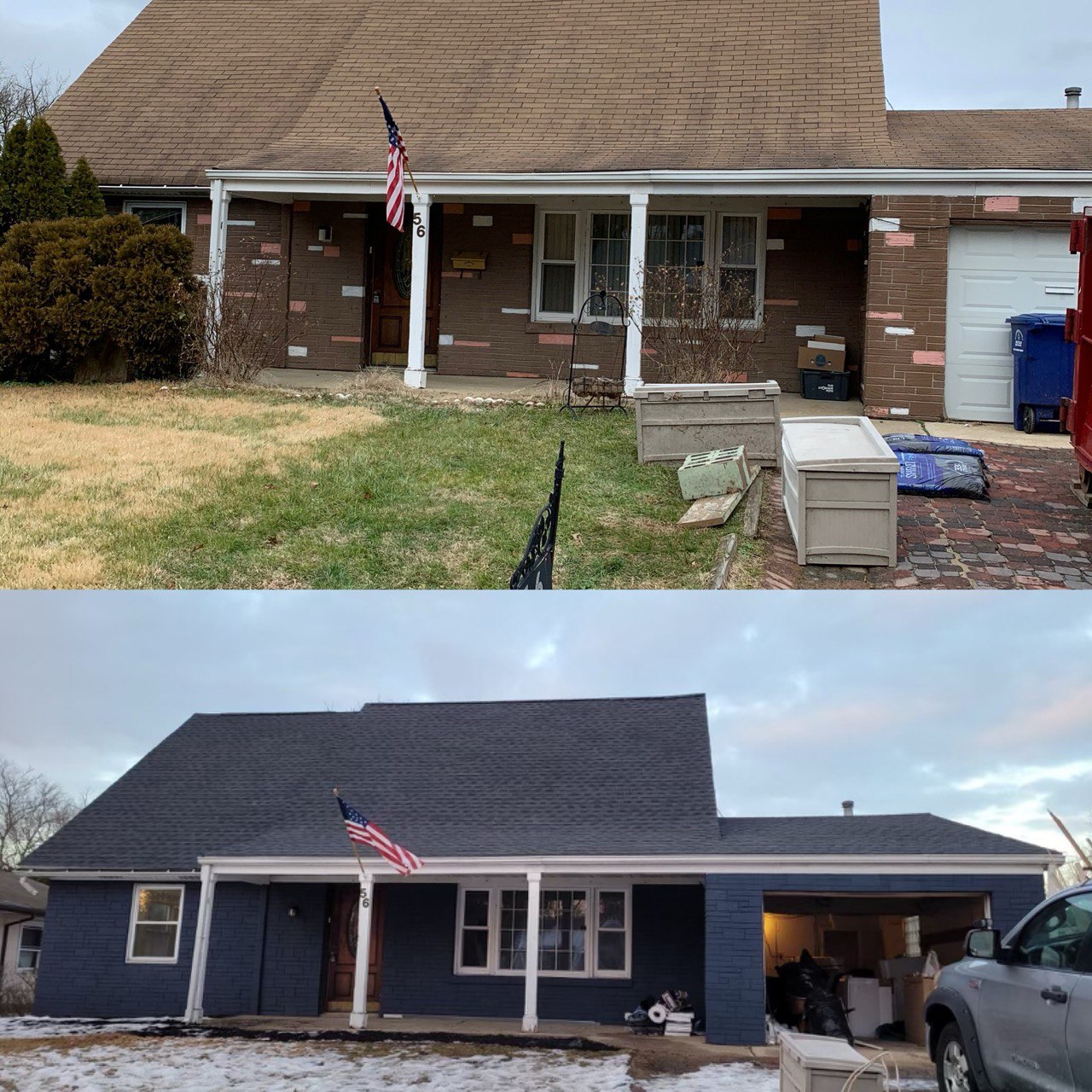
Selling your home at auction is a growing practice throughout America because it offers a chance to sell your house fast, without paying real estate agent fees, and often with a profit.
But, like all things, there is also a downside to auctioning your property VS selling it through a traditional real estate agent or to a real estate investor like Savannah Properties!
I’ll tackle some of the “Do’s and Don’ts” of auctioning your house and discuss further the question “Is Auctioning Your House A Good Idea?”. Read the blog post below to learn more details that can help you with your situation right now.
Is Auctioning Your House A Good Idea?
There are several preparations that need to be done before the actual auction starts if you’re looking at auctioning off your property
The “Dos”

- Find An Auctioneer – Do your research before picking one to represent your house. There are thousands of auctioneering companies out there today, so you must be careful in choosing one. You can start with your local phone book, a referral or, you can just head over to the National Auctioneers Association website and do a quick research for auctioneers in your area. You must look for an auctioneer with numbers of experience and try attending an actual auction for you to get the feel of how they run things and how auctioning really works.
- Find out Their Fees – make sure to find out how much they charge for their services so you won’t be surprised – sometimes they can run quite high. There are some cases that they take up to 10% TEN PERCENT of the house cost, which greatly reduces the amount of profit that you will receive … sometimes it’s lower.
- Decide which kind of auction you want to run – once you have selected which house auctioneering company is best for you, you now have to decide which kind of auction you want it to be. Absolute or Reserve?
Absolute Auctions – In this kind of auction, there is no minimum limit that your house must earn in order to be sold. It does not have a reserve price and the sale is awarded to the highest bidder.
Reserve Auctions- – this one has a minimum limit. You will have to set a hidden minimum price for your property and if it does not reach that limit, it wouldn’t get sold.
It might seem like a clear choice between the two, don’t assume that reserve auctions are way better. Sometimes if bidders are not willing to pay for the hidden limit, you’ll end up with a property that never gets sold. And you’ll be sitting in a house that you do not want – bleeding money. Also, absolute auctions tend to attract way more potential bidders to the auction looking for a great deal… and if one bidder gets wrapped up in the “bidding frenzies”, that could mean the difference between selling the house that day or not selling it at all. Think carefully about making a decision, and try to decide what it is that you want more. If you want to sell your house as fast as possible, then doing an absolute auction is the quicker option. If not, then perhaps a reserve auction would be more in your goals.
The “Don’ts”

- Don’t leave out any faults about the house from your auction description –A really important step in selling your house at auction is to list all the problems that your property has. Don’t leave out any faults about your house, because if you do the buyers have a right to come after you for any flaws that you didn’t list out before the auction.
- Don’t go into an auction with fantasies of a bidding war erupting, leaving you with an enormous profit.- Place a realistic price that you hope to earn, and don’t be too disappointed if your house sells for less than you think it’s worth. You may have an emotional attachment to the house that the people bidding on the house don’t have. Auctioning your house may bring in less money than a real estate sale, but it is relatively quick and can spare you the heartache and stress of the more traditional approach.








